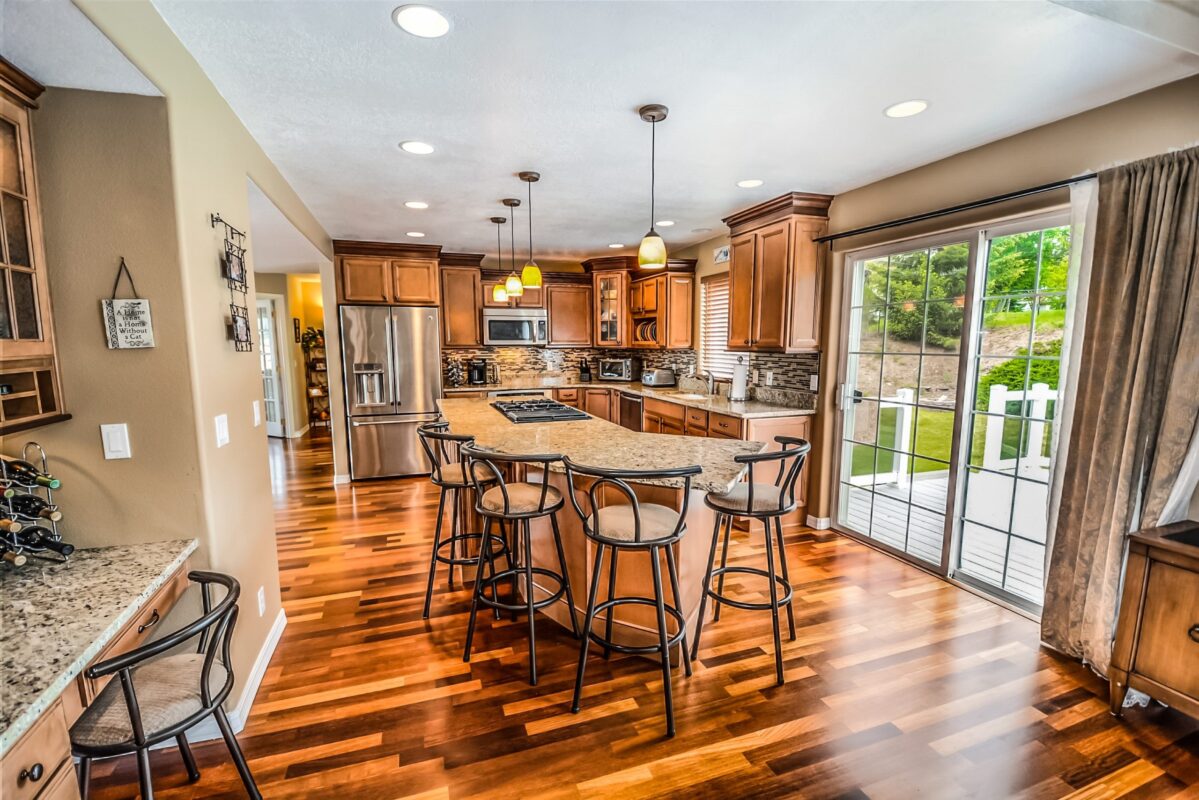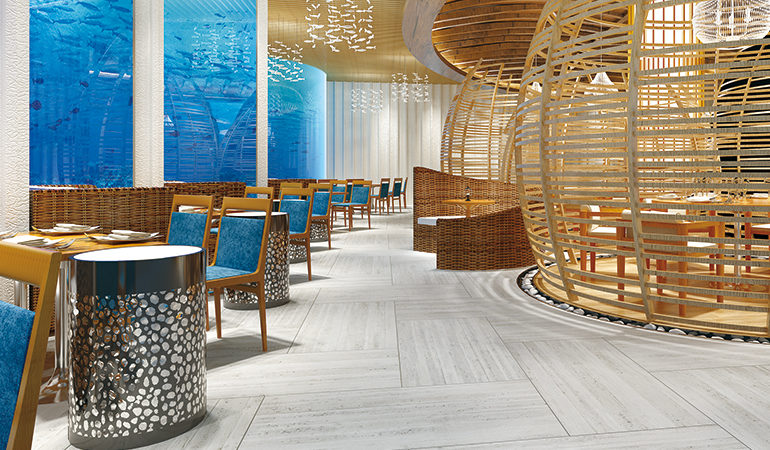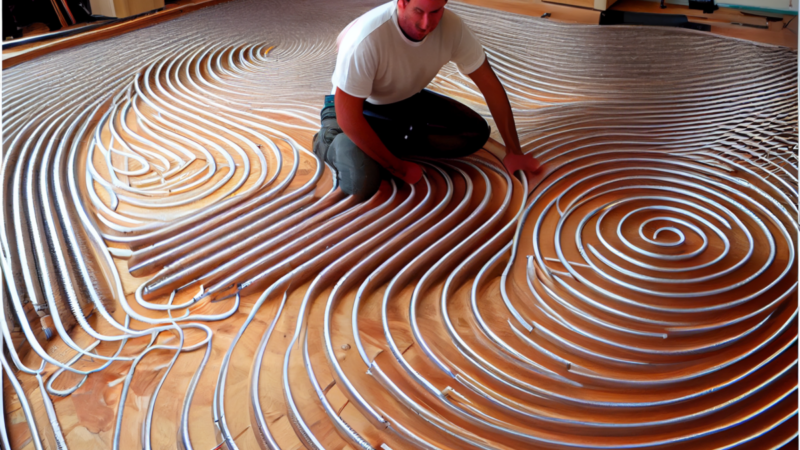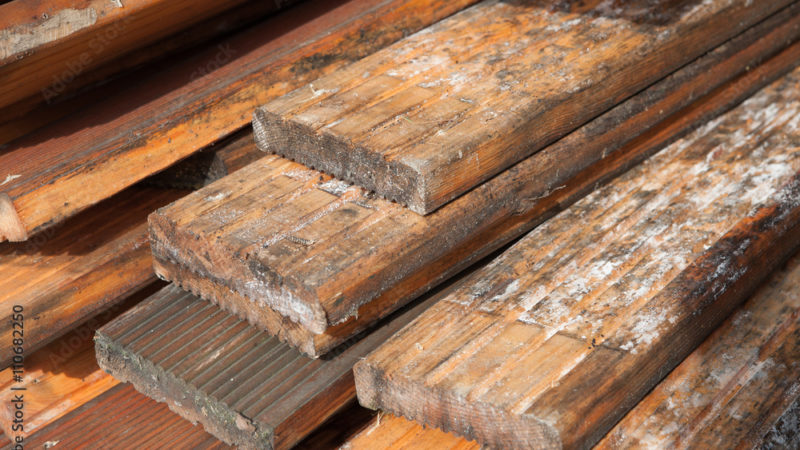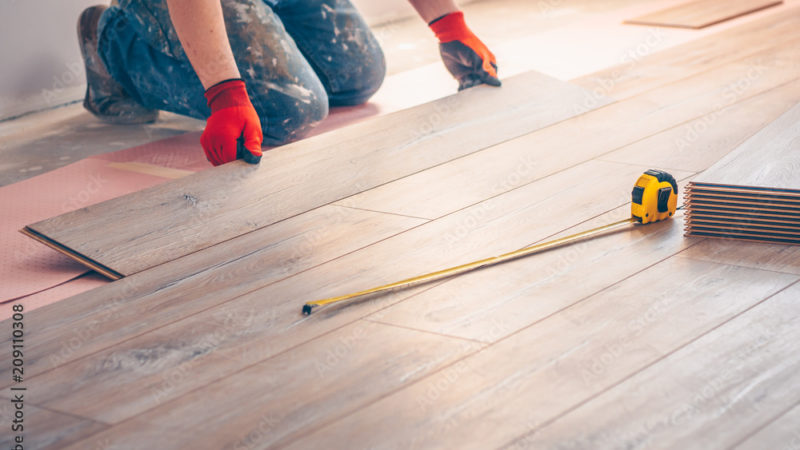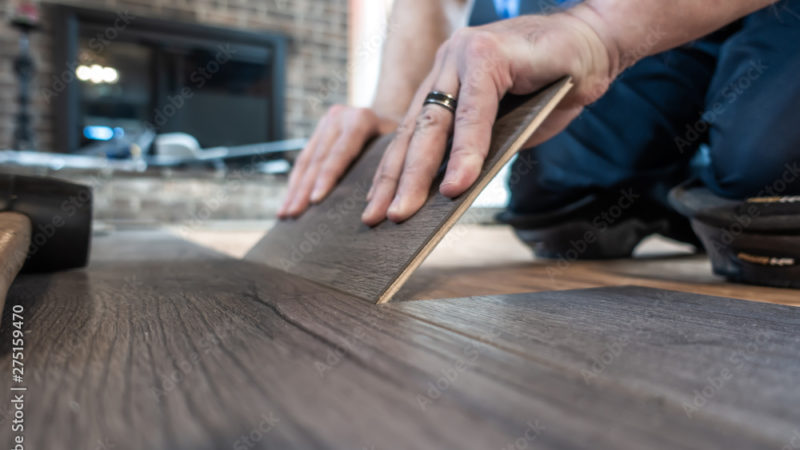Domestics, Exotics, and Environmental Impact
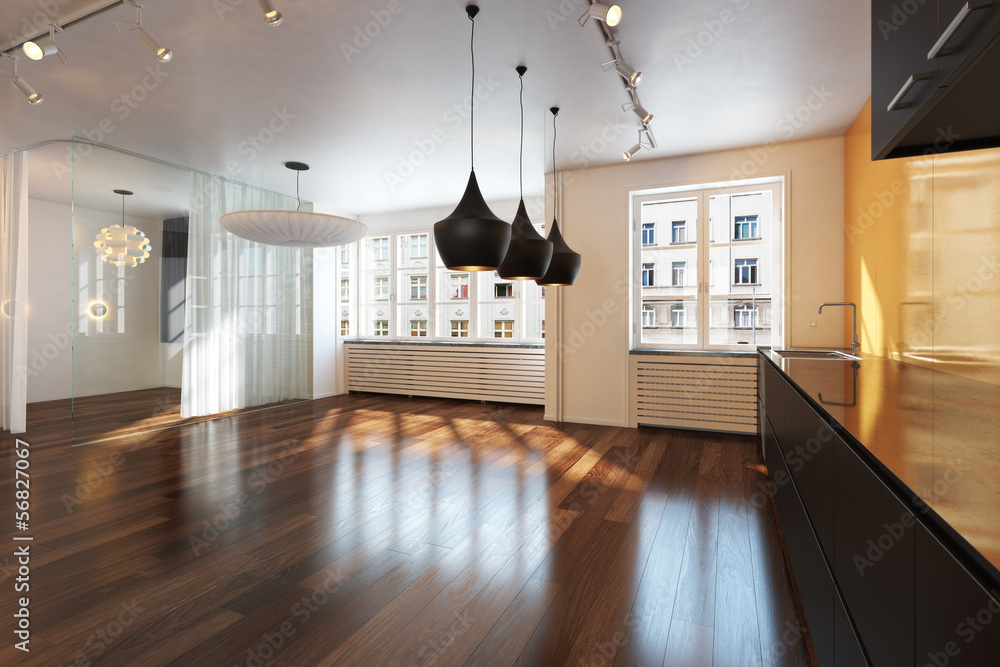
Are Exotic Hardwood Floors Eco-friendly?
Considering the vast amount of emphasis on eco-friendly products, exotic hardwoods have more or less fallen by the wayside, as many people see these woods as a notorious example of deforestation that occurs in Africa, South America, and Asia. While there is some truth to this sentiment, several governments around the world have much stricter regulations on wood harvesting than they did 20 years ago. Just because you decide to purchase an exotic hardwood floor does not automatically mean you are contributing to excessive logging and rampant deforestation. Likewise, going for domestic hardwoods isn’t always the option that has the least impact on the environment, either. In many cases, bamboo products perceived as eco-friendly can even be more damaging to the environment than traditional hardwood, considering the energy it takes to ship most of it overseas.
Environmentally Friendly Hardwood Floors
Fortunately, many hardwood manufacturers around the world adhere to strict standards when it comes to harvesting timber. Between replanting, vertically integrated manufacturing sites, and the increased use of reclaimed lumber, hardwood flooring is certainly more environmentally friendly than it has been in the past. All too often, many people who take ecological concerns seriously when purchasing flooring, unfortunately, view hardwood as the fur coat of the flooring industry, even though this mentality is usually far-fetched and erroneous. Whether you desire exotic species like jatoba or beautiful oak domestics, both can still be environmentally friendly choices depending on their origin.
Somerset hardwood, for example, retains a completely vertically integrated manufacturing facility. This means that the company is involved in 100 percent of the production process, from harvesting all the way up to packaging. Somerset even retains an in-house forestry staff, which puts together long-term 100-year plans to ensure the sustainability of the company’s products from its managed forests. Additionally, any waste products from the manufacturing process are turned into wood pellet fuel, further reducing environmental impact and maximizing the use of resources. Specializing in domestic white oak and red oak hardwood, Somerset also offers hickory, maple, walnut, and American cherry floors, all of which are domestically grown in its managed forests.
Triangulo Hardwood Floors Are An Excellent Choice!
When it comes to exotics, Triangulo hardwood is an excellent choice for those who have the sustainability of the environment in mind. In spite of being headquartered in Brazil—which for all intents and purposes used to be considered the deforestation capital of the world—Triangulo follows strict environmental standards to make sure timber is harvested responsibly and appropriately. Managing a forest that covers approximately 14 square miles, Triangulo only harvests trees that have reached maturity and are rigorous in its replanting strategies. Its Brazilian chestnut, jatoba, amendoim, and tigerwood offerings are available in both solid and engineered hardwood floors to give you optimal design flexibility.
Aside from the obvious differences in appearance, one of the main advantages of exotic hardwoods is their durability; most exotic wood species outrank traditional domestic oak and maple on the Janka hardness scale. Jatoba, amendoim, and Brazilian walnut all surpass standard domestic maple, oak, and hickory in terms of rigidity. Of course, if you prefer a warmer look to your hardwood floor, red oak is and always has been a standard that will give your home stunning visual depth and a soft, cozy feel.
Are Hardwood Floors Here To Stay?
In spite of the negative press the hardwood flooring industry has received worldwide, don’t shy away from either domestic or exotic wood flooring based on perceived environmental concerns. The majority of reputable companies follow strict standards when it comes to harvesting, replanting, and recycling their products to ensure minimal impact on surrounding ecosystems. Just make sure you do all your research first before you automatically assume preconceived notions about hardwood’s environmental impact. In most cases, it is no less environmentally sound than bamboo or ceramic tile.


